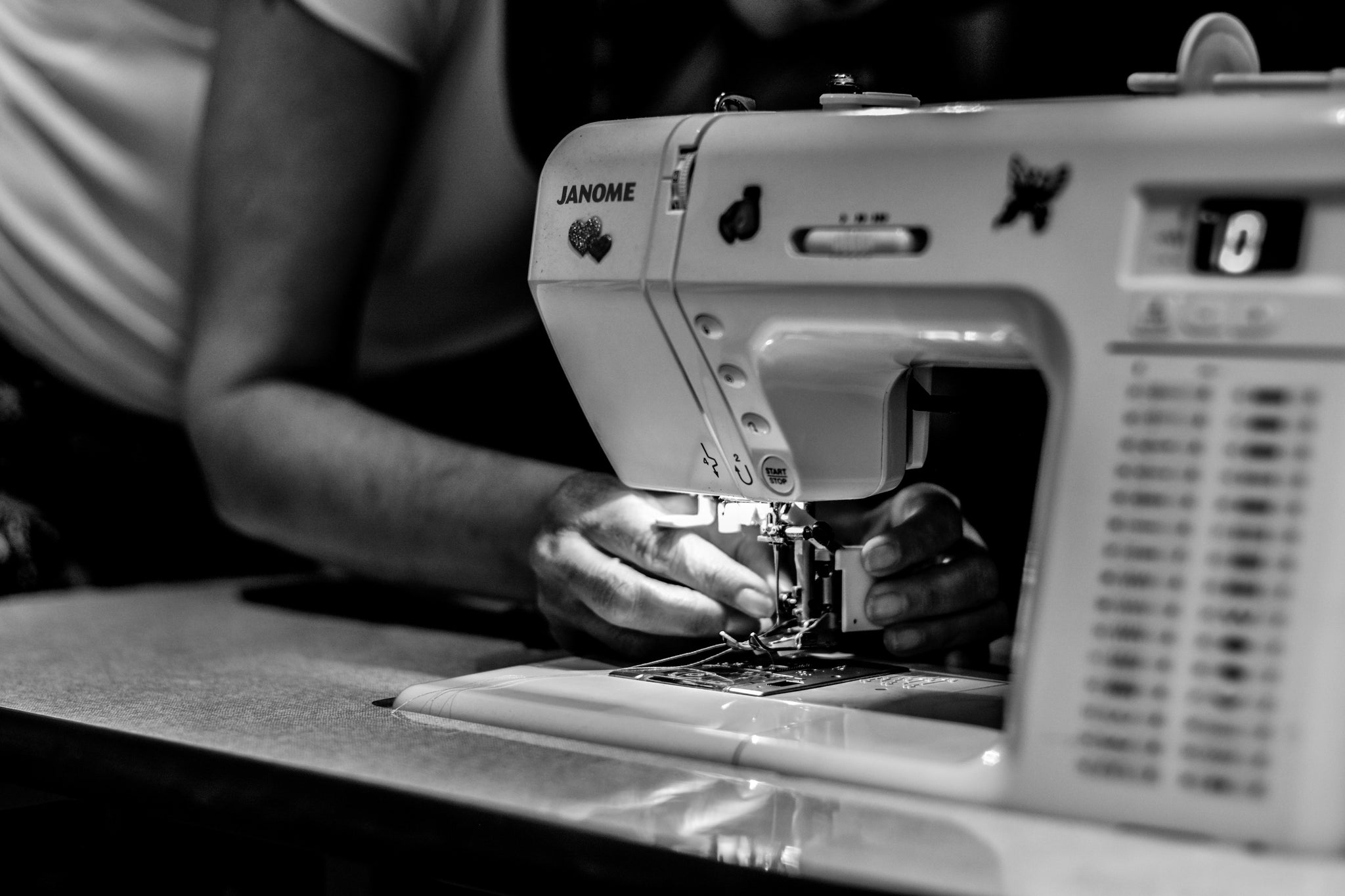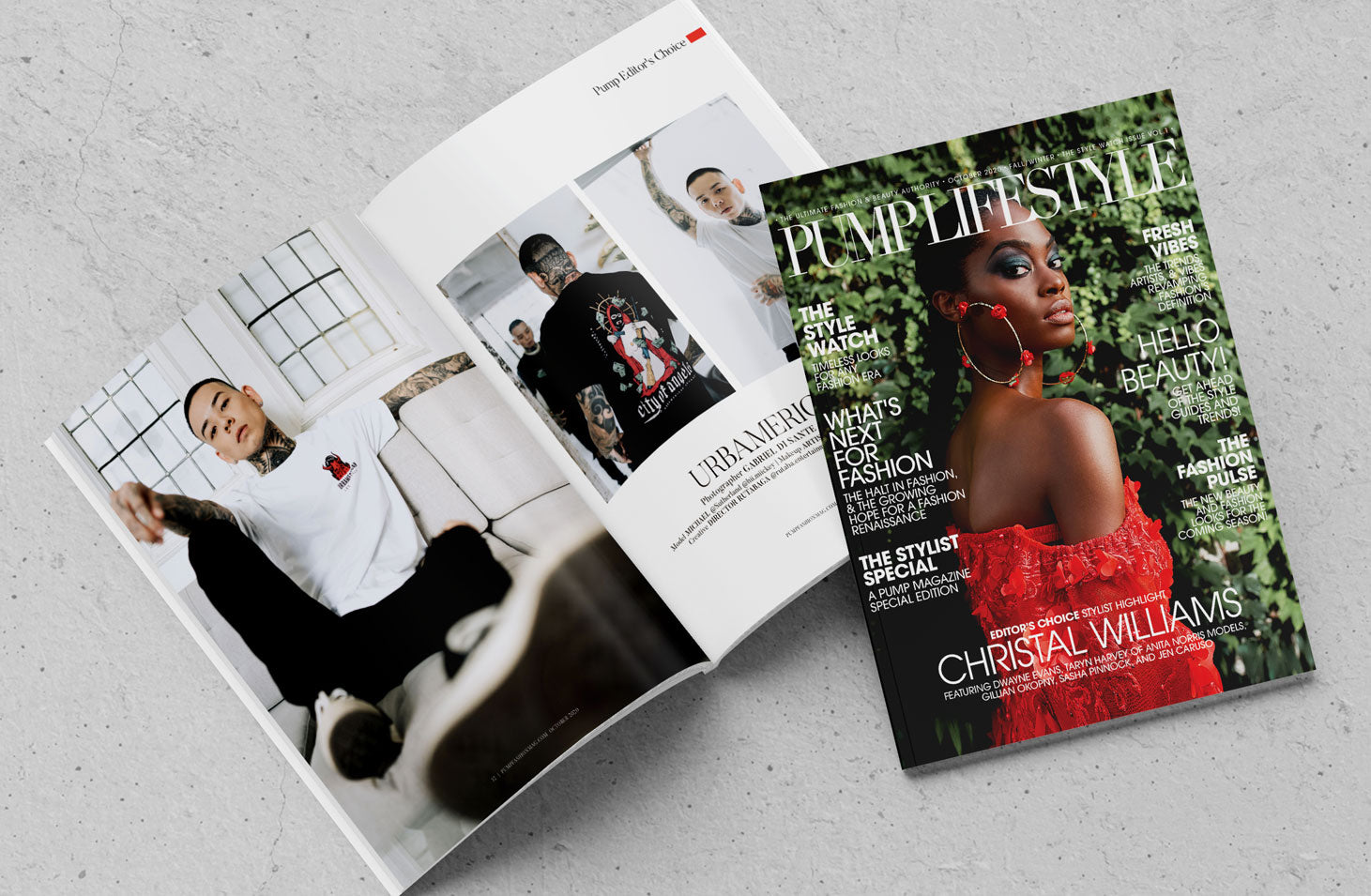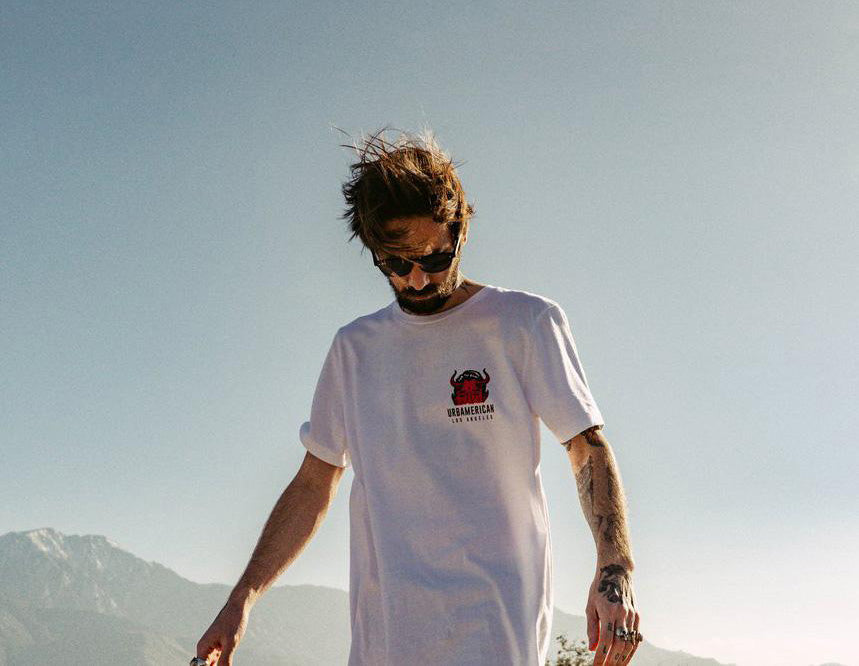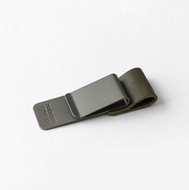
Journal
WTF is Slow Fashion?
The fashion industry, which is embodied by giant retailers, such as H&M and Forever 21, mass produce cheap, disposable garments in order to keep up with constantly changing trends. This way of production has raised many concerns regarding pollution, waste and unsafe working conditions in many countries.
Being that the fashion industry is the 2nd most polluting industry in the world, we are seeing many brands rejecting the principles of Fast Fashion and beginning to adopt a more sustainable and eco-friendly approach to their production of garments. This wave of change has helped set the foundation for what we know today as Slow Fashion. So.. let’s get into it, shall we? What the F*CK is Slow Fashion anyway?
The Beginnings of Slow Fashion
Slow Fashion is an approach to the fashion industry which focuses on sustainability in both the process of making clothing and the resources used to do so. As a brand, this means using higher-quality materials and adopting production methods that are far less harmful to our planet. For consumers, this ideology is all about buying better-quality items less often and purchasing clothing from brands that focus on sustainability, fair treatment of people, animals and the planet as a whole.The term slow fashion came quite organically, coined by Kate Fletcher of the London College of Fashion, following the phenomena of the slow food movement. Very similarly to the slow food movement, Fletcher saw that the fashion industry could also benefit from a slower pace, keeping a better eye on quality while also making sure our planet continues to thrive. This ideology is crucial to help the fashion industry prevent further damages to the earth’s ecosystem.
It was reported that H&M has willingly burned 12 tonnes of unsold garments per year since 2013 - that’s more than 60 tonnes of unused, unsold, and perfectly good clothing that is all going to waste. Not to mention the pollution that is caused by burning these garments and dispersing harmful chemicals into the air. H&M is now working hard to change the image of their brand, launching their ‘Conscious Collection’ campaign this Spring ‘19 which is part of their wider goal to use 100% sustainably sourced cotton by 2020. We can say HELL YEAH to that!
Slow Fashion as a Movement
 Prior to the industrial revolution, garments were locally sourced and produced. During this time people purchased clothing that would serve them for a long time, or they would make their own clothing from textiles and the resources readily available. Clothing often reflected the place and culture of the folks wearing them.
Prior to the industrial revolution, garments were locally sourced and produced. During this time people purchased clothing that would serve them for a long time, or they would make their own clothing from textiles and the resources readily available. Clothing often reflected the place and culture of the folks wearing them.The Slow Fashion Movement brings many of these methods back to the forefront, encouraging us to buy fewer garments at a higher-quality which are made from a more sustainable process. Additionally, this movement emphasizes the art of clothes making and the craftspeople who make them.
As this movement increases in support, we are also seeing a shift in consumer demands. What once was an industry built on speedy production of cheaply made clothes is now gearing towards the production of garments with higher sustainability and ethical standards. Why? Researchers show that 19% of the top fashion-related searches are linked to environment, ethics, and long-term sustainability.
URBAMERICAN Promotes Slow Fashion
Eco-friendly fashion has arrived and URBAMERICAN has joined in on the fun! We are a sustainable clothing and lifestyle brand that has built our entire foundation on the slow-fashion movement. To give our customers a better idea, here is a quick list of what we do to follow Slow Fashion:
✓ All apparel is locally sourced and produced in Los Angeles
✓ Using only high-quality materials made from natural fibers
✓ Eco-friendly inks that are guaranteed to last
✓ Clothing is made per order, eliminating waste
✓ Recycling old textiles
✓ Using biodegradable bags for order shipments
Read More
Urbamerican + PUMP Magazine!
Quarantine Adventures
Quarantine is the pits. While it’s important to stay safe and distant from others during this time, the walls in our office do start to feel like they are closing in on us at times. Does anyone else feel like that? So, we decided to take matters into our own hands with two simple words - road trip.





